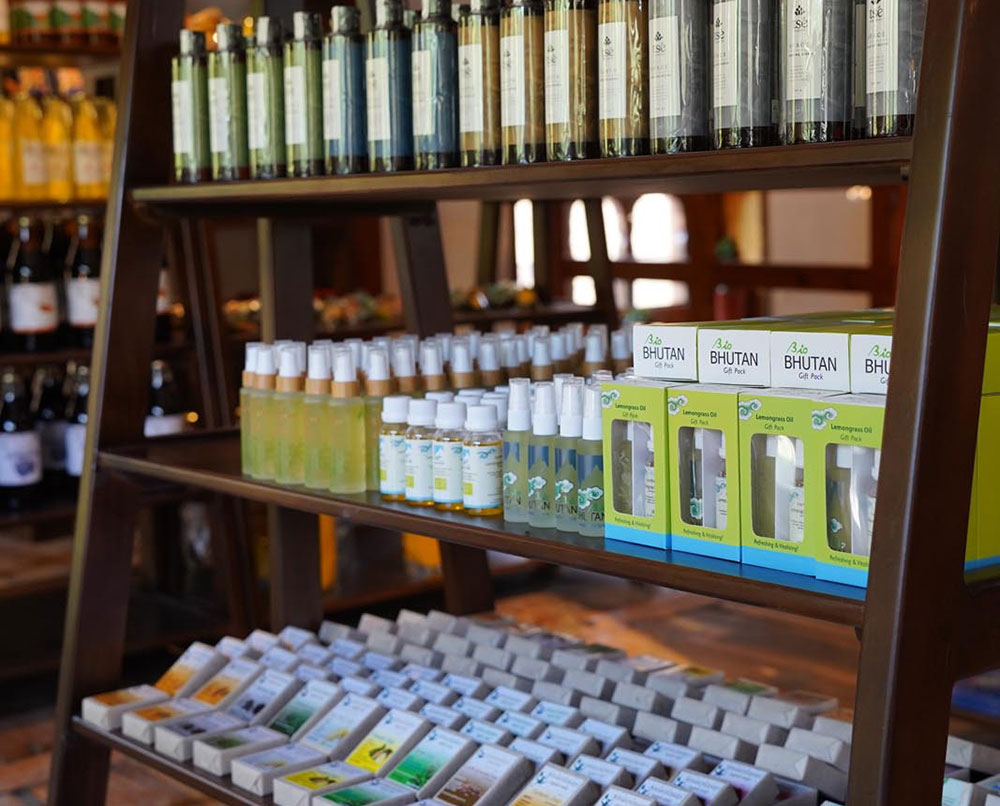Choki Wangmo | Paro
In 2020, Thinley Yangzom was struggling to operate her farmhouse in Paro due to the absence of tourists. The pandemic brought the supply chain to a standstill, forcing her to discard her perishable products and putting her small food manufacturing business in Damjee on the verge of closure. Fortunately, the Cottage and Small Industries Market (CSI) in Changzamtok, Thimphu provided a lifeline for the mother of two. Today, she is the proud owner of Bhutan Super Food and Herbs. Products such as red rice, quinoa, flour products, and tea from Paro are making rounds in the markets of Bhutan, Singapore, and Australia.
As the CSI opened its second market in Paro, Thinley Yangzom was thrilled. Now, without having to worry about the market, the 38-year-old can focus on production and packaging. She gets her raw materials from farmers. “It is difficult for small producers to secure a stable market. We do not have time and resources for marketing. But the CSI market has provided us the platform to do better,” she said. Thinley plans to improve the packaging for her products so that they can compete in the international market.
Over the past three years, the CSI market has provided a platform for about 500 entrepreneurs like Thinley Yangzom to expand their businesses without having to worry about market accessibility. The outlet now sells 50-100 local products, of which more than 70 percent are food items, and the rest are craft and skill-based products.
The CSI market in Thimphu has been a success story. It is a hub for locals to eat, hang out, and shop. In the beginning, the CEO of the CSI Market and Druksell, Sonam Chophel, targeted working-class buyers within 25-45 years of age, but he says that the market is popular among all age groups. “I see an intergenerational sharing of knowledge among Bhutanese in the store,” Sonam Chophel said. The market generates a monthly income of Nu 4-5 million.
Chophel is hopeful that the market in Paro will cater to international visitors. “We received requests from international visitors who couldn’t visit the Thimphu store to open one in Paro. We hope this caters to their needs,” the CEO said.
The owner of Bhutan Herbal Tea, Sonam Choki from Shaba, specializes in tea production. She says that there is high demand for local products as consumers want naturally produced items.
An outlet in Perth, Australia has already started selling 125 different products from Bhutan, and by the end of this year, a CSI outlet will open in Bangladesh. Next in line are the markets in the United States, Europe, and India.
To commit to global standards, Sonam Chophel said that local producers should upgrade to industrialization instead of manufacturing from their homes. The path forward is competitive but no longer vague. The CSI market provides hope for small producers to expand their businesses and access new markets.


